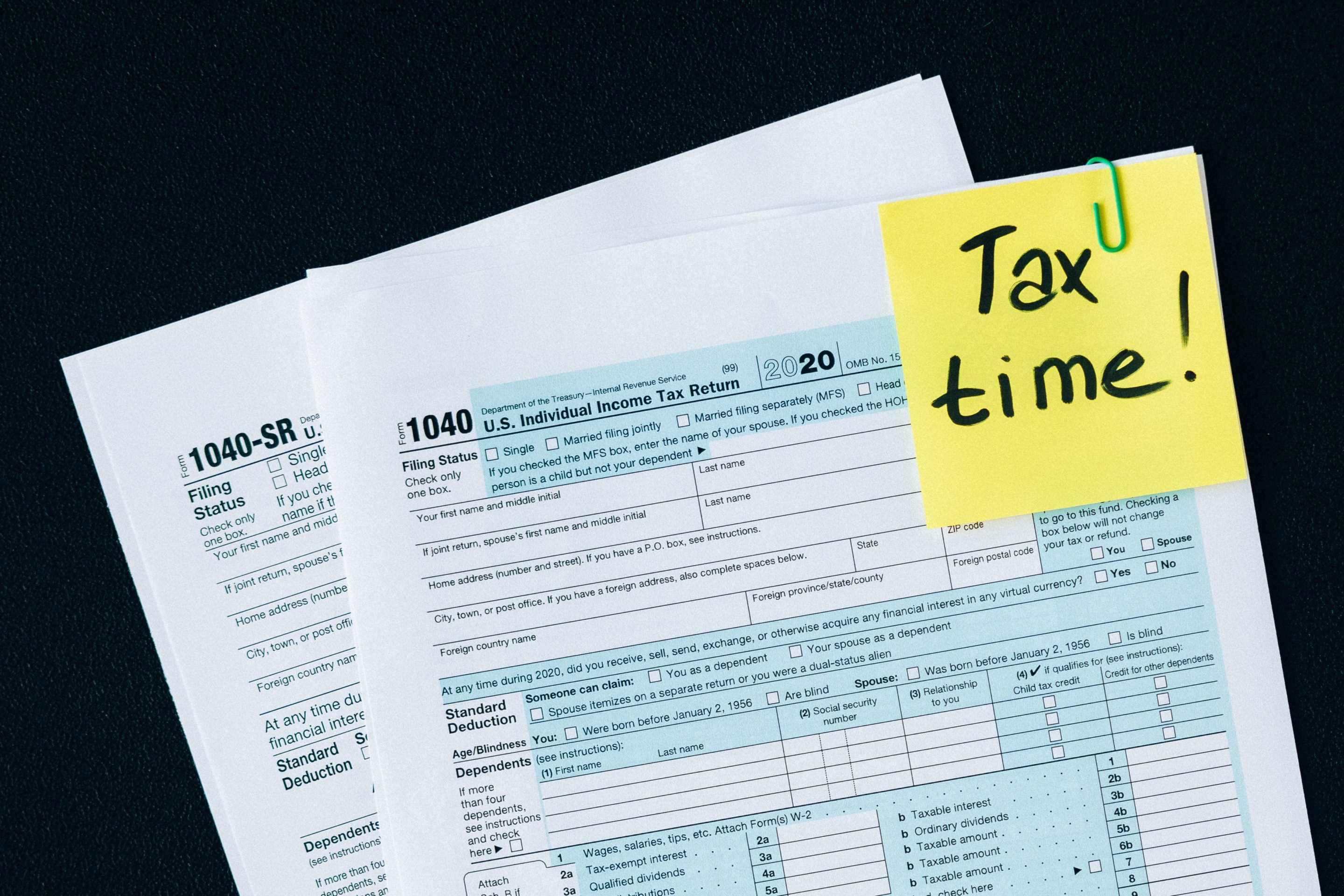House Democrats finally obtained former president Donald Trump’s tax returns and promptly released them to the public. No one should have his tax returns released: not presidents, not politicians, not celebrities, not sports figures, not cab drivers.
Released was nearly 6,000 pages of six years of individual and business income tax returns for the years 2015 through 2020. The returns show that Trump paid $750 in federal taxes in 2017, $0 in 2020, and had negative adjusted gross income in four of the six years. His highest year for charitable giving was 2017, when he donated $1.8 million.
But regardless of how “little” Trump may have paid in federal income tax, he neither wrote the tax code nor prepared his tax returns. His accountants merely did for him what they did for other rich businessmen. If there are loopholes, deductions, and credits that Trump’s accountants took advantage of, then good for them. As Supreme Court Justice Learned Hand wrote in the Helvering v. Gregory (1935) case: “Anyone may so arrange his affairs that his taxes shall be as low as possible; he is not bound to choose that pattern which will best pay the Treasury; there is not even a patriotic duty to increase one’s taxes.”
Democrats took the opportunity to blast “the rich” for using the tax code to their advantage: “Trump’s returns likely look similar to those of many other wealthy tax cheats—hundreds of partnership interests, highly-questionable deductions, and debts that can be shifted around to wipe out tax liabilities,” said Senate Finance Chair Ron Wyden.
But who actually pays the majority of income taxes in this country?
According to the latest figures released by the Internal Revenue Service (IRS), as reported by the Tax Foundation:
The bottom 50 percent of taxpayers (taxpayers with AGI below $44,269) faced an average income tax rate of 3.5 percent.
The top 1 percent of taxpayers (AGI of $546,434 and above) paid the highest effective income tax rate of 25.6 percent — more than seven times the rate faced by the bottom 50 percent of taxpayers.
In 2019, the bottom 50 percent of taxpayers (taxpayers with AGI below $44,269) earned 11.5 percent of total AGI and paid 3.1 percent ($48.4 billion) of all federal individual income taxes.
The top 1 percent (taxpayers with AGI of $546,434 and above) earned 20.1 percent of total AGI in 2019 and paid 38.8 percent of all federal income taxes.
In 2019, the top 1 percent of taxpayers accounted for more income taxes paid than the bottom 90 percent combined. The top 1 percent of taxpayers paid $612 billion in income taxes while the bottom 90 percent paid $461 billion in income taxes.
But this is not the whole picture. The IRS dataset excludes the refundable portion of tax credits. Not only do “the poor” pay little or no federal income taxes, they receive “refunds” of tax money that they never paid in via refundable tax credits like the Earned Income Tax Credit that can give them over $6,000 each year.
So, according to the Tax Foundation: “If the refundable portion were included, the tax share of the top income groups would be higher and the average tax rate of bottom income groups would be lower. The refundable portion is classified as a spending program by the OMB and therefore is not included by the IRS in these figures.”
“The rich” are also punished through the phase-out of tax exemptions, deductions, and credits as their income rises.
Rich or poor, no one should have his tax returns released. No one should have his tax returns released because no one should have tax returns to begin with. No one should have tax returns to begin with because no one should be taxed on his income.
This sounds like such a radical idea as to be untenable. But just consider three things.
First of all, taxation is theft. As explained by libertarian theorist Murray Rothbard:
All other persons and groups in society (except for acknowledged and sporadic criminals such as thieves and bank robbers) obtain their income voluntarily: either by selling goods and services to the consuming public, or by voluntary gift (e.g., membership in a club or association, bequest, or inheritance). Only the State obtains its revenue by coercion, by threatening dire penalties should the income not be forthcoming. That coercion is known as “taxation,” although in less regularized epochs it was often known as “tribute.” Taxation is theft, purely and simply even though it is theft on a grand and colossal scale which no acknowledged criminals could hope to match. It is a compulsory seizure of the property of the State’s inhabitants, or subjects.
Second, for most of American history, there was no income tax. The income tax did not begin until 1913, and it was a 1 percent tax only on taxable income above $3,000, followed by a series of surcharges of up to 6 percent applied to higher incomes. The maximum rate of 7 percent was applied to taxable income over $500,000.
And third, what is it that the federal government spends income taxes on? Maintaining interstate bridges and roads? Monitoring the weather? Operating national parks? No, the government spends a pittance on those things. Instead, most of Americans’ tax money is spent on welfare, grants, subsidies, vouchers, transfer payments, unconstitutional agencies and programs, foreign aid, hundreds of foreign military bases and tens of thousands of U.S. troops all over the globe, and offensive military intervention.
Taxes are not the price we pay for a civilized society, as is engraved on the exterior of the Internal Revenue Service building in Washington, D.C. Rather, taxes are the price we pay for the welfare/warfare state.
This article was originally featured at the Future of Freedom Foundation and is republished with permission.







